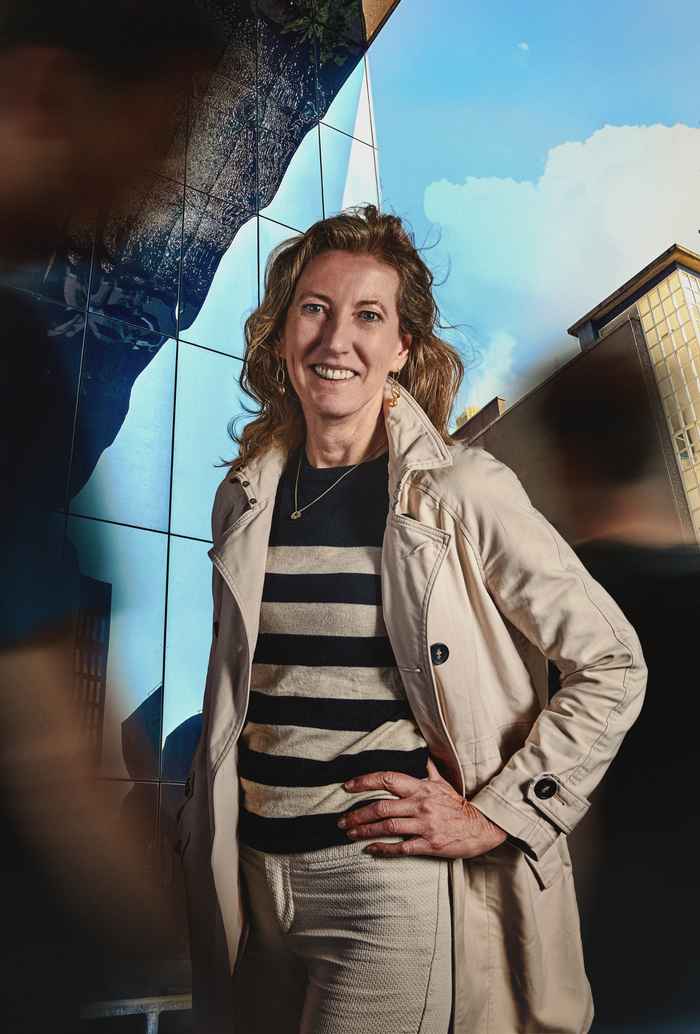Nicky Pouw

Tell us about your work
I pursue a different approach to economics that evolves around ‘human wellbeing’ instead of economic productivity, or growth. In my book on Wellbeing Economics. How and why economics needs to change, I propose a broader framework that puts human wellbeing, and human-nature relations at the centre.. My whole career I have focussed on people at the margin; people and communities, sectors or countries, that are struggling to reach basic safety. Their basic needs and priorities are ill-represented in standard economic indicators and policies. In my Amsterdam-based research this boils down to designing and implementing a robust bottom-up measurement of ‘Wellbeing Dashboards’ whereby neighbourhood residents themselves determine the indicators for measuring their, I am building a more credible infrastructure for better measurement and empowerment of people who do not have a voice. In my UN Sustainable Development Goals project this boils down to operationalize interdisciplinary frameworks and methods that enable trade-off analysis between economic, social and ecological goals.
What is your motivation?
Zooming in on the Amsterdam wellbeing economy research now: In our co-creation with neighbourhood residents we see people change from seeing their own problems to developing a broader understanding and perspective on collective problems, and what needs to be done to change that. By giving neighbourhood platforms co-ownership over the Wellbeing Dashboards the power relation between citizens and the Municipality and other official stakeholders alters. This process of mutual ‘social learning’ is fascinating. When on a small scale mismatches between the ‘systems world’ and people’s daily life get resolved, this has a big impact on people’s daily life.
Your vision
I want to practice and theorize economics from a human-nature centered perspective that rethinks economic performance from a more inclusive and sustainable perspective. Economic growth is just one performance indicators. But economic stability, reducing inequality, improving our relationship with Nature, are also important performance indicators. We need a different narrative on the economy - we cannot continue to grow forever, without addressing social and ecological boundaries.
Supporting factors
The Municipality of Amsterdam in the form of the Masterplannen Zuid Oost and Nieuw West together with the Fair and Resilient Society fund of the University of Amsterdam make this research possible. We have now upscaled to five neighbourhoods and are in the process of embedding the Wellbeing Dashboards through Protocols in neighbourhood platforms, who will work with it by organising Dialogue sessions to discuss what works well or not and what actions need to be taken with the Municipality. This requires the Municipality to also change their way of working. We have developed a strong methodology that enables us to compare Wellbeing Dashboards across neighbourhoods and on a higher (urban) scale. The ambition is to establish a longer-term collaboration between the UvA and the Municipality of Amsterdam and other institutions to keep updating and nurturing the Wellbeing Dashboards locally, to contribute to local participation and empowerment of marginalised neighbourhoods, to train PhD and Master students in doing research for and with neighbourhood platforms. At the moment we seek foundational funding to set-up our own ‘Social and Economic Wellbeing’ research centre as an umbrella for these activities. This Summer we experimented at the Kwaku festival with an interactive computer game console on a mobile coffee-type care to make visitors answer survey questions. For more information on the project and results: Welzijnsdashboard Amsterdam – Meten wat er toe doet.